
If so, you've bumped into what psychologists call the false consensus bias. This is our brain's shortcut that convinces us that most people think the same way we do about parenting (and a bunch of other stuff, really), even when that's far from the truth.
So, Why Does This Matter in Parenting Across Generations?
Let's take a light-hearted journey back in time. Remember the stories your grandparents shared about their "uphill both ways to school" routines?
It was a different world then, with parenting expectations to match. These generational differences set the stage for a clash of perspectives, fueled by the false consensus bias.
Imagine your grandma, in her prime parenting years, was all about strict bedtimes and finishing everything on the plate. Fast forward, and now, as parents, many of us have cuddled up to concepts like gentle parenting or being okay with untouched broccoli at dinner. If grandma still strongly believes her methods are universally the best because, well, "everyone thought this way back in my day," you can see where the wires might cross when she observes your parenting choices.
This false consensus bias can make us feel like our way is the norm, or even the right way, and that everyone else, including our parents or in-laws from a different era, surely sees the wisdom of our approach. It's like assuming everyone in your neighborhood loves pineapple on pizza just because your house can't get enough of it.
Bridging the Generational Divide
Understanding that this bias exists is the first key step to unlocking a more harmonious family dynamic. When we recognize that our belief— that most people agree with our parenting style—might NOT be accurate, it opens up space for more understanding and less judgment all around.
So, how do we bridge this gap created by generations of different beliefs and the sneaky false consensus bias?
- Listen and Learn: Engage in real talks with family members from other generations without the goal of convincing them about your methods. You might uncover the "why" behind their parenting choices and find common ground.
- Agree to Differ: It's okay to agree that you disagree. Understanding that different doesn't mean wrong can help ease tension and foster mutual respect.
- Share and Educate Gently: Sometimes, sharing new parenting insights or research in a gentle, non-confrontational way can help others see a different perspective without feeling attacked or dismissed.
- Empathy is King: Put yourself in their shoes. Understanding the era, the societal norms, and the personal challenges they faced can help you see why they parented the way they did.
Navigating the false consensus bias in parenting doesn't mean you have to agree with everyone's methods or change your own. It just opens the door to understanding the wonderfully diverse ways in which we all aim to raise happy, healthy children. By acknowledging this bias, we can create deeper connections with our family members, appreciate varied parenting styles with grace and understanding, and perhaps, just maybe, make family gatherings a tad less "spicy."
*AI played a supporting role in the development of this content.











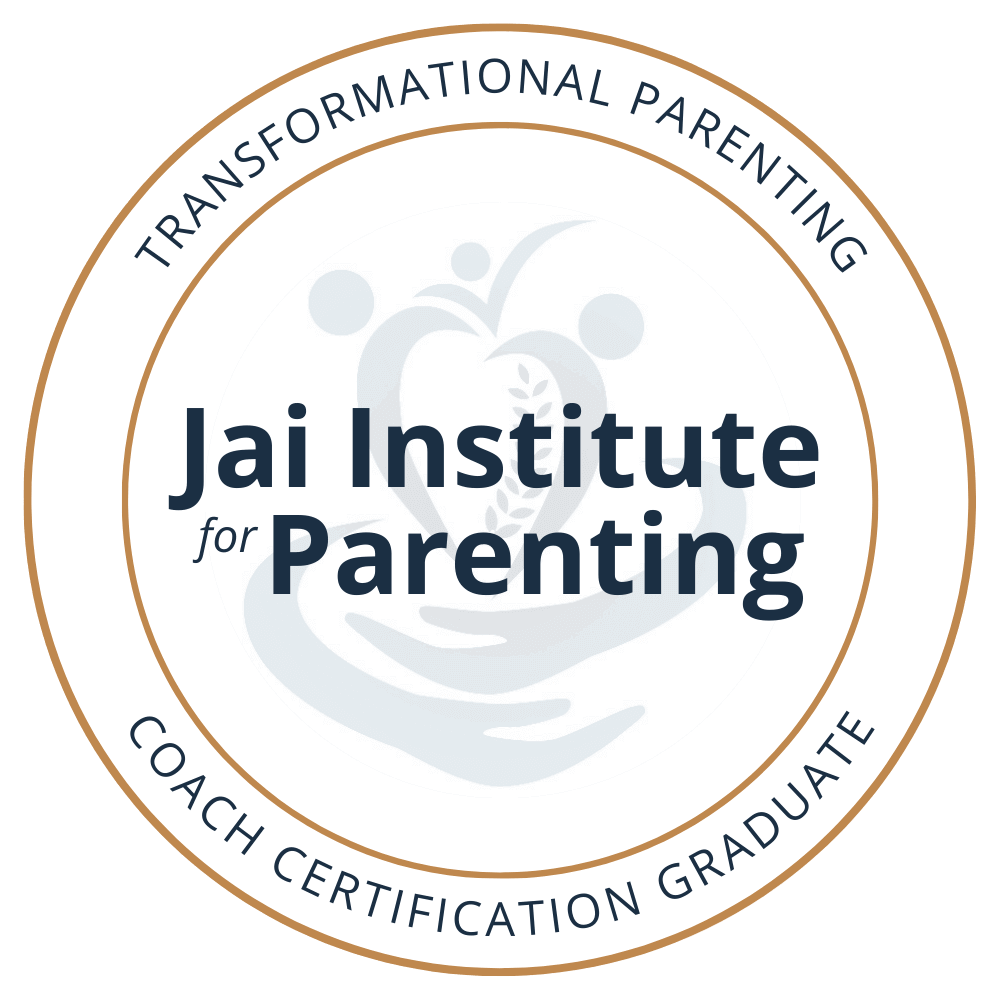











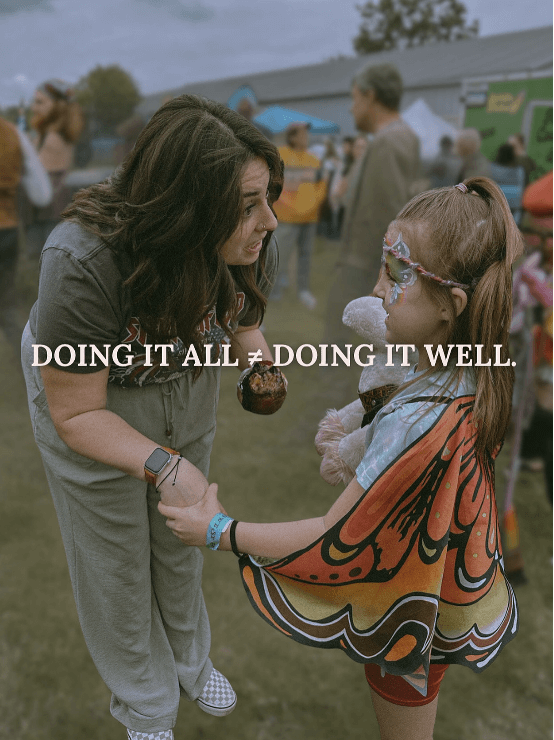
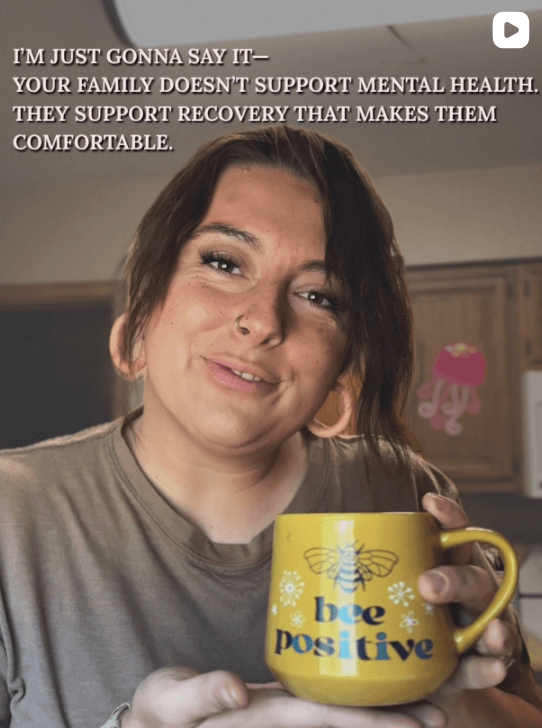







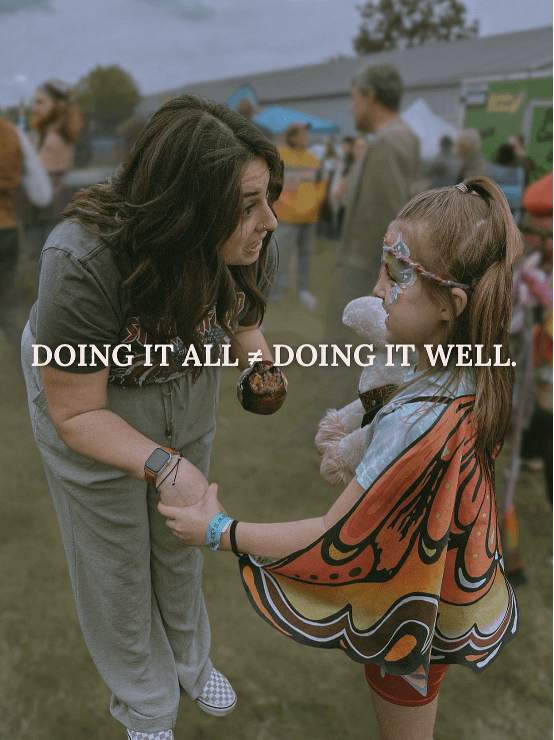
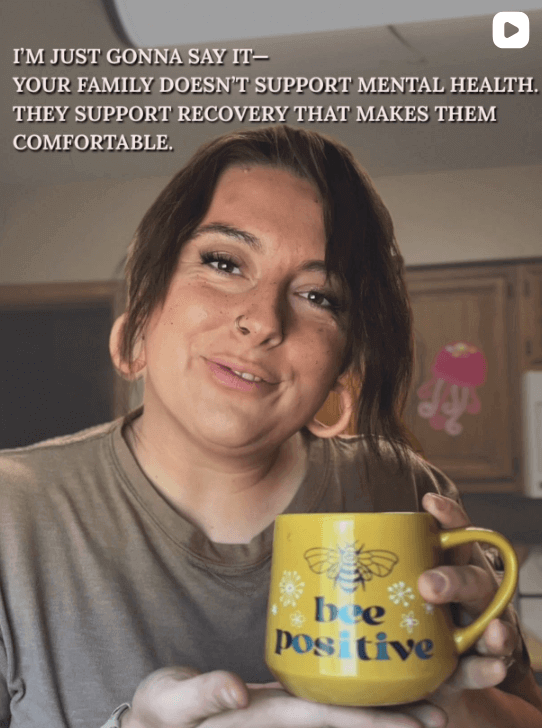





0 Comments